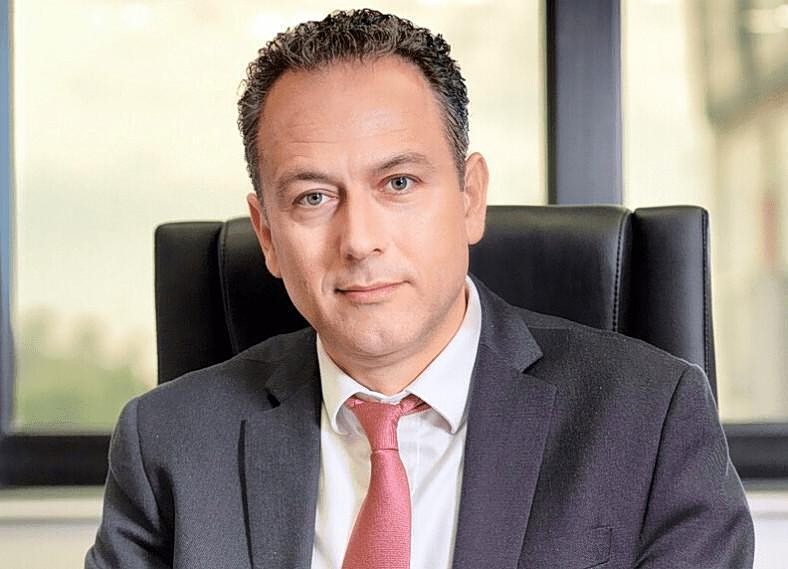A day after European Central Bank chief Christine Lagarde made the remarks, ECB Vice President Luis de Guidos reiterated that although Russia’s war in Ukraine would affect eurozone growth, there was no risk of stagflation, even if inflation escalated.
“So far we can rule out the possibility of stagflation because even in the weakest scenario we are looking at growth of around 2% in 2022,” he told a conference, referring to a phenomenon of high inflation combined with stagnant growth.
He added that while high energy prices are pushing inflation to record lows, there is still no sign that inflation expectations are starting to move higher.
Reference to Greece
Referring to Greece, Mr. de Guidos said that the Greek economy and Greek bonds have been rightly based on the recent past and current decisions will be made on the eligibility of Greek bonds. “I’m not jumping ahead,” he said, “but my personal view is that we have seen an improvement in the Greek economy. Bonds are improving and we need to take that into account. The Greek economy is more resilient compared to two years ago. It’s my personal opinion, I do not want to rush into what the (ECB) Council will decide. ”
Lagarde is on the same wavelength
Yesterday, European Central Bank President Christine Lagarde sought to allay concerns about stagnant inflation in the eurozone, stressing that the ECB would not pursue the Federal Reserve’s aggressive monetary policy.
Speaking at a conference in Paris, Ms Lagarde said the war would have “consequences” for growth as inflation accelerates and confidence is eroded. He even pointed out that the difficult task from now on for the central banks is to maintain price stability without harming economic activity.
Asked about the risk of stagflation, Lagarde said that “even in the gloomiest scenario, with secondary effects, with a boycott of gas and petrol and a worsening of the war that continues for a long time – even in these scenarios we have a growth of 2.3 % ».
“We do not see any signs of stagnation at the moment,” she said.

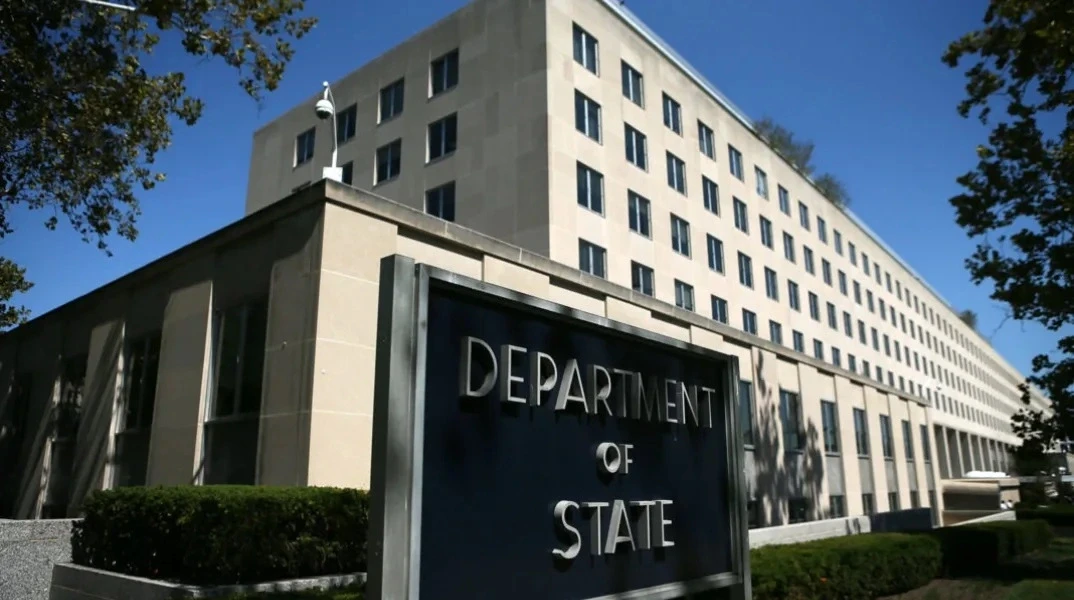




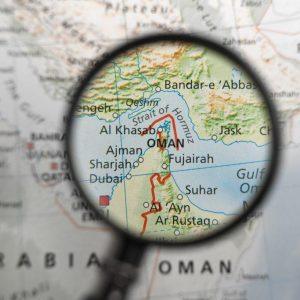




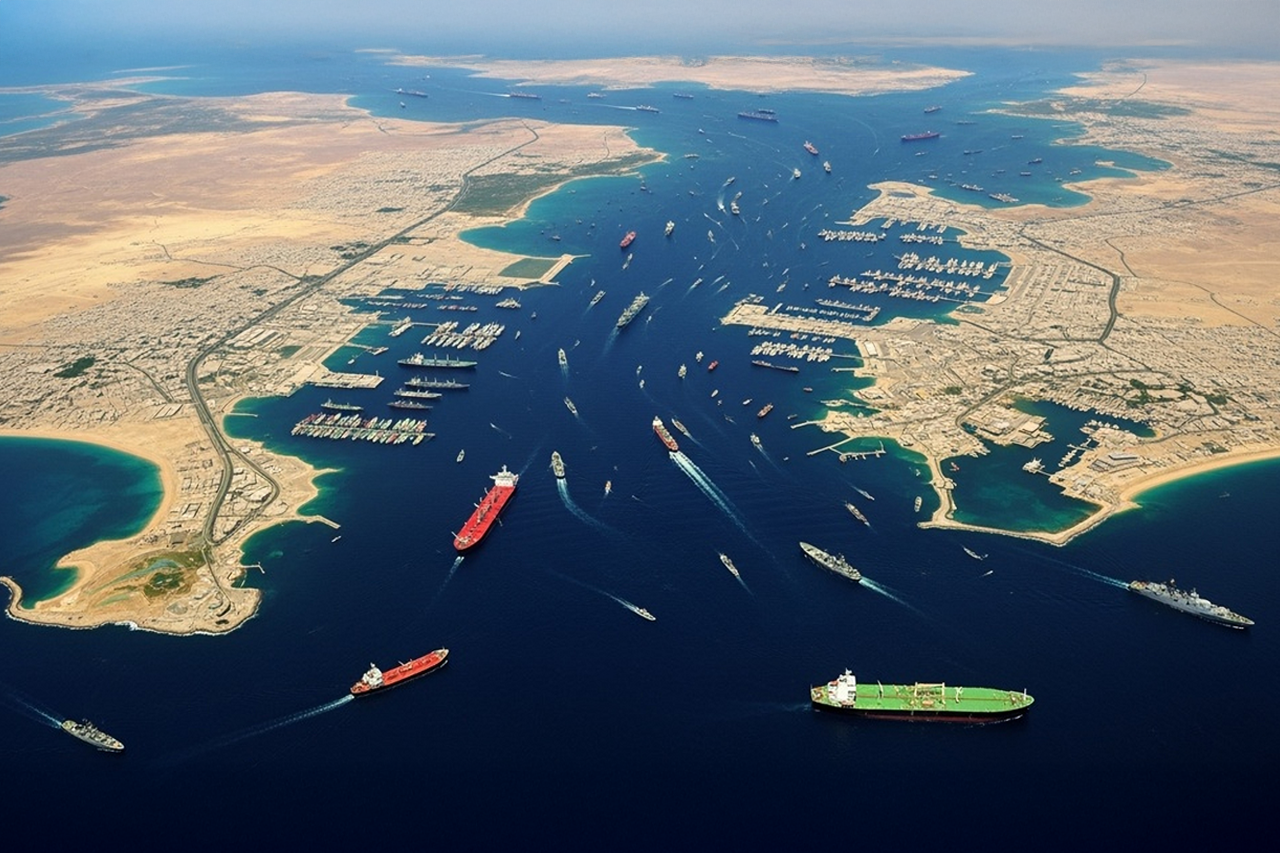





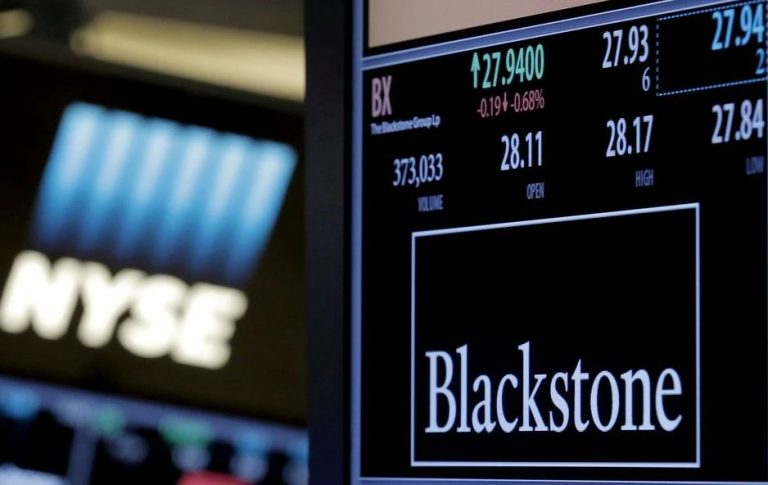
![Οι αλλαγές στα ψηφιακά στοιχεία διακίνησης αποθεμάτων [Μέρος 6ο]](https://www.ot.gr/wp-content/uploads/2026/03/tax-468440_1280-1024x682-1.jpg)


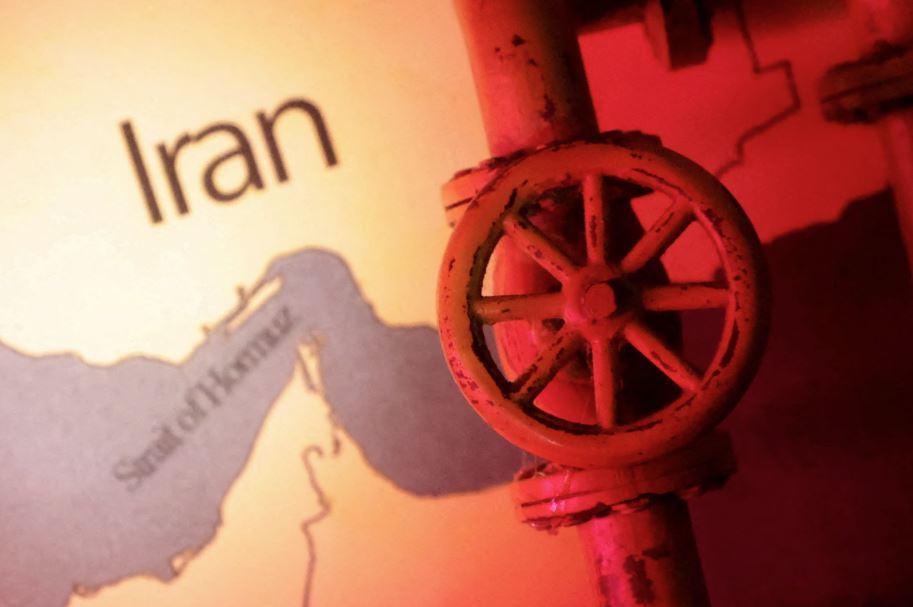
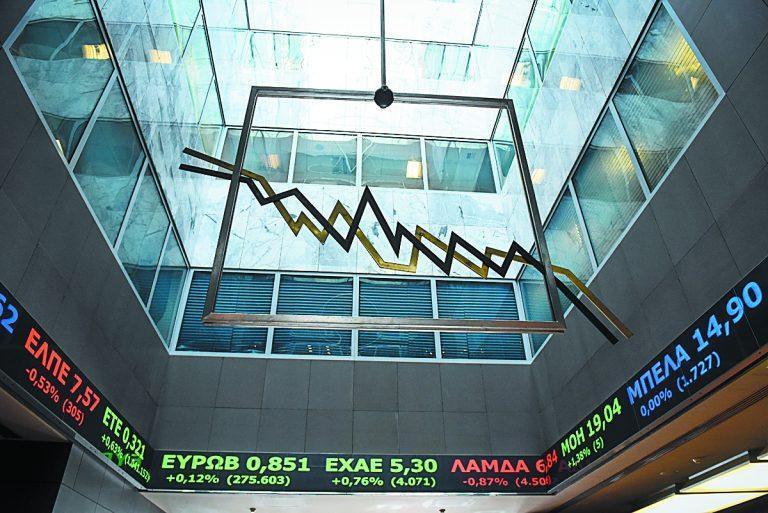
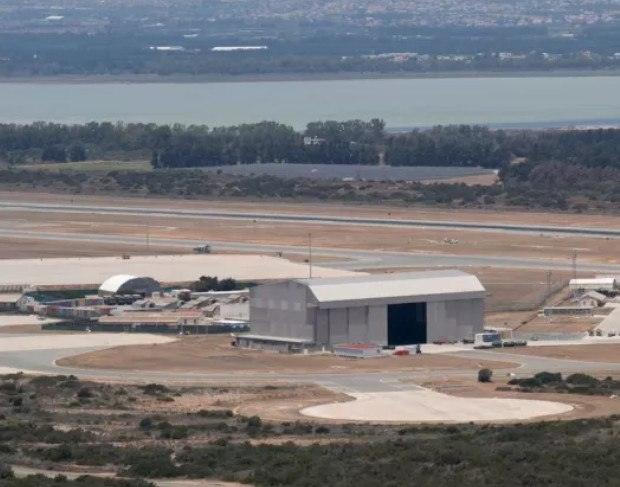



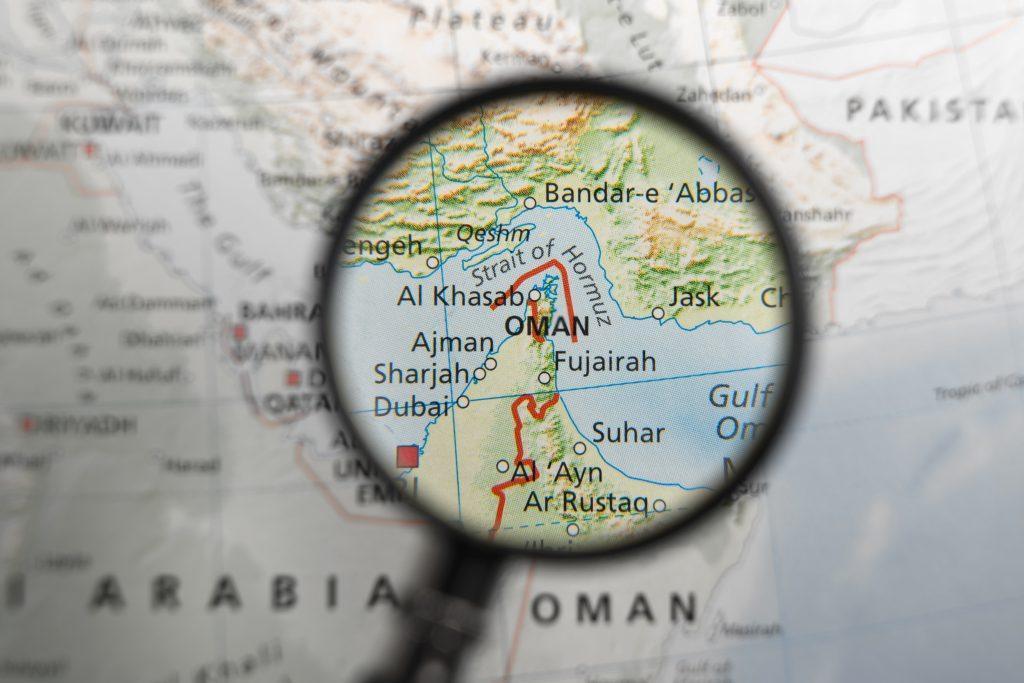



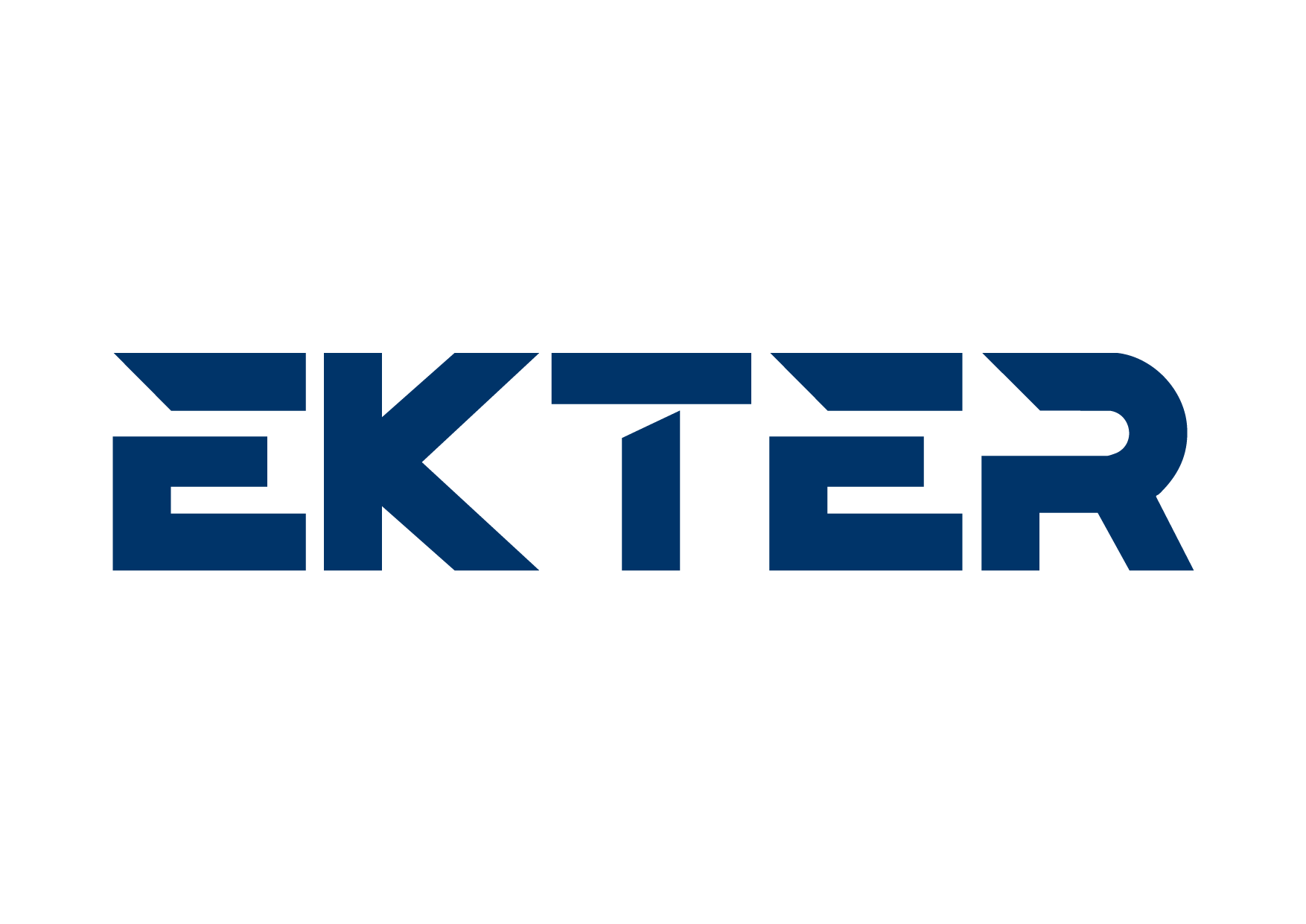


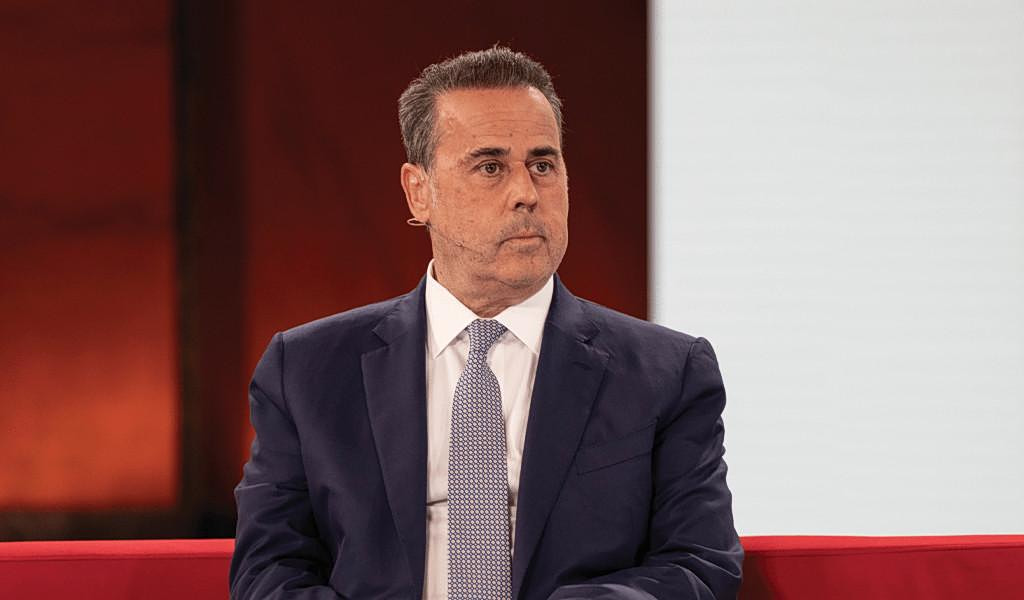

![Βουλή: Τοποθέτηση Μητσοτάκη για Μέση Ανατολή – Παρεμβάσεις πολιτικών αρχηγών [live]](https://www.ot.gr/wp-content/uploads/2026/03/ImgSrc-2-1-1024x683-1.jpg)



